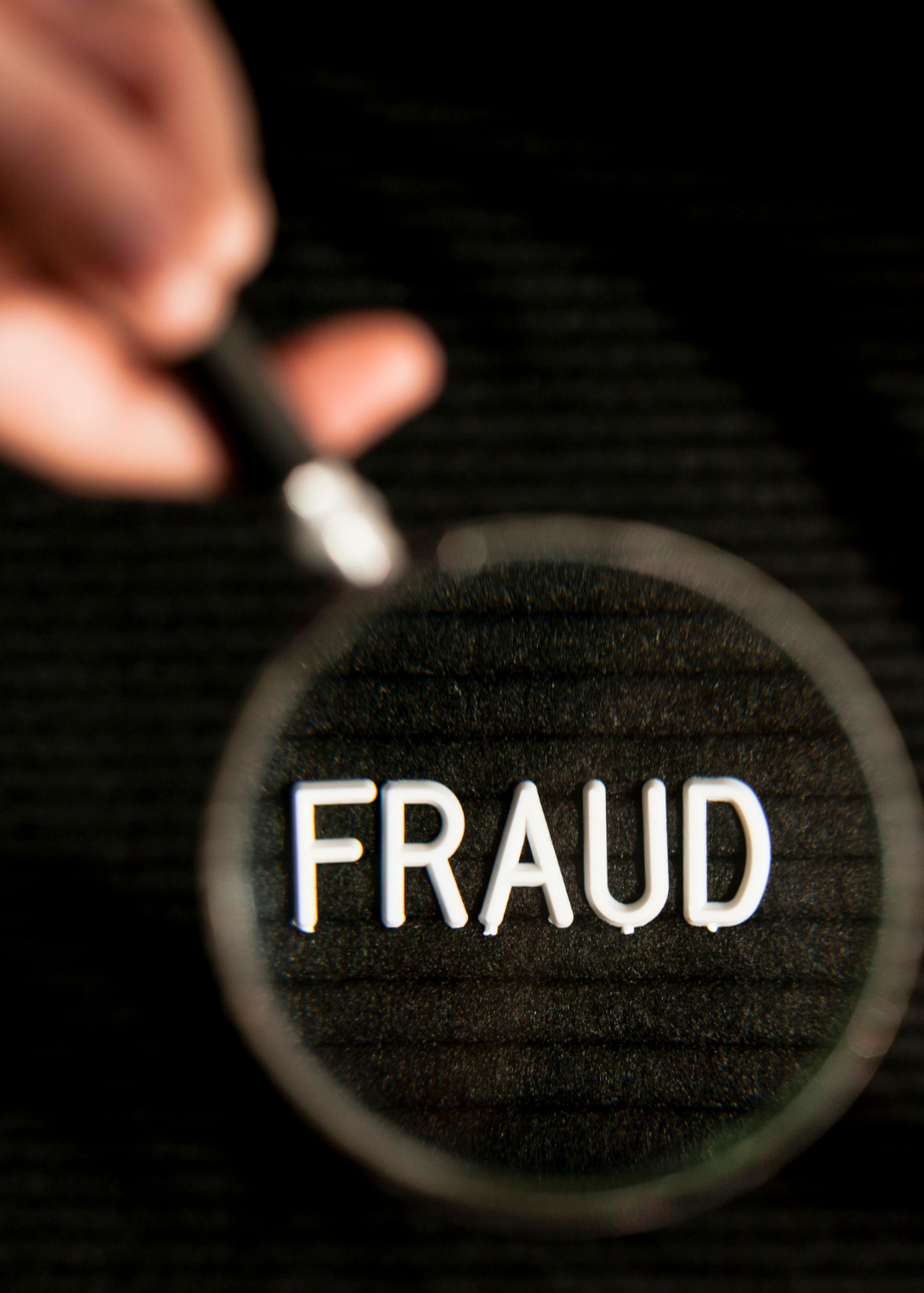A Beginner’s Guide to Securities Fraud: What You Need to Know


Table of Contents
- 1 Key Takeaways
- 2 Understanding Securities Fraud
- 3 Common Types of Securities Fraud
- 4 How Securities Fraud Impacts Markets
- 5 Warning Signs of Securities Fraud
- 6 Legal Consequences for Perpetrators
- 7 Preventative Measures for Investors
- 8 Recent News and Trends in Securities Fraud
- 9 Conclusion: Staying Vigilant in an Ever-Changing Landscape
Key Takeaways
- Understanding securities fraud is essential for investors and professionals.
- The impact of fraud goes beyond financial loss; it affects market integrity.
- Knowing the signs and preventive measures can help protect assets.
Understanding Securities Fraud
Securities fraud encompasses a variety of illicit activities aimed at misleading investors or manipulating financial markets. Individuals, companies, and government entities can commit fraud involving deceptive practices such as insider trading or falsifying financial information. The consequences of securities fraud are significant not only for individual investors, who might incur devastating losses but also for the broader financial system, as it undermines confidence and trust. When knowledgeable insiders exploit their advantage and compromise ethical standards, the markets become dangerous for unwary investors. Consulting with an experienced investment fraud lawyer in Florida can provide invaluable insights and assistance in navigating complex legal issues related to securities fraud.
Common Types of Securities Fraud
Investment fraud can take many forms, each designed to deceive unsuspecting investors. By understanding the most common types of securities fraud, you can protect yourself from falling victim to these schemes.
- Insider Trading: This fraudulent activity involves trading a public company’s stock by individuals with access to non-public, material information about the company. Exploiting insider access for financial gain is unethical and harms market equity. Insider trading not only undermines investor confidence but also violates fair trade principles.
- Pump and Dump Schemes: These schemes are characterized by artificially inflating the price of a stock through false or misleading positive statements. Perpetrators then sell off their shares at a higher price, leaving unsuspecting investors with worthless stocks. This type of scheme can cause significant financial harm and contribute to an unstable market.
- Accounting Fraud: Involves the manipulation of a company’s financial records to present a deceitful picture of its financial health. Techniques such as overstating assets, concealing liabilities, or skewing revenue recognition trick investors and can lead to disastrous investment decisions when the truth emerges.
- Corporate Espionage: This involves obtaining sensitive, confidential information about a company’s strategic plans or operations without authorization. Such unethical practices can lead to an uneven playing field, as competitors use stolen information to gain unfair advantages at the expense of legitimate businesses.
How Securities Fraud Impacts Markets
The repercussions of securities fraud are far-reaching and extend well beyond those directly involved. Confidence and trust are foundational to the efficient functioning of financial markets. When fraudulent activities become apparent, they erode this trust, resulting in decreased investment and reduced market liquidity. The market’s credibility can become jeopardized, prompting economic stagnation and impeding growth. Furthermore, regulatory bodies are tasked with reinforcing market structure regulation, ensuring fairness and transparency are maintained to restore confidence among investors. This oversight includes rigorous enforcement of laws and imposing strict penalties to deter and punish fraudulent behavior. The integrity of financial markets depends heavily on such robust regulation, which is necessary to attract investment and encourage economic progress.
Warning Signs of Securities Fraud
Investors must be vigilant and identify potential red flags indicating securities fraud. One common indicator is investment schemes that promise enormous returns with little to no risk—overly ambitious promises that are often too good to be true. Fraudsters may use aggressive and high-pressure sales tactics to rush decision-making and prevent investors from conducting proper research. An investment opportunity touted with promises based on insider tips or unverifiable information should cue investors to proceed cautiously. Ensuring that the person or entity offering the investment is credible and legitimate. Extensive background checks and due diligence are essential before making investment decisions. Protecting oneself from fraud safeguards personal financial well-being and contributes to more honest and transparent market practices.
Legal Consequences for Perpetrators
Those guilty of engaging in securities fraud face serious legal consequences. Penalties may include substantial fines that can cripple financial assets, alongside civil and criminal charges that culminate in long-term imprisonment. Such burdens are deliberately harsh to serve as effective deterrents against securities fraud. Additionally, individuals implicated in fraudulent activities often bear professional repercussions, such as disqualification from future executive roles or affiliations with financial institutions. This serves to maintain industry credibility and safeguard others from potential misconduct. The overarching goal of these legal repercussions is to uphold market integrity, deter potential fraudsters, and ensure that justice is served in favor of preserving transparent and equitable trading environments.
Preventative Measures for Investors
- Conduct thorough research: Knowledge is empowerment. Investors should seek comprehensive insights into a company’s operations, historical performance, and industry position before committing capital. It’s essential to analyze financial statements and scrutinize market news or any reports that may impact current evaluations.
- Work with trusted financial advisors: Professional advice can mitigate the risk associated with investment decisions. Certified advisors furnish informed takeaways, offering guidance that cultivates informed and strategic investing.
- Report suspicious activities: Reporting suspected fraudulent activity to authorities promotes a healthier financial ecosystem. It prevents personal loss and protects other potential investors from falling victim. Whistleblower protections exist to safeguard and encourage reporting, helping to eliminate fraudulent practices in the industry.
Recent News and Trends in Securities Fraud
Staying informed of recent developments in the realm of securities fraud arms investors against potential scams. As fraudsters continuously innovate their tactics, it’s critical to stay abreast of these changes. Tactics that may have been relevant in the past can evolve or be replaced by new schemes. Reputable sources such as market news platforms provide comprehensive coverage of current conditions and expert analysis of trends, compliance guidelines, and strategies in the securities sector. Awareness of shifting dynamics equips investors with enhanced decision-making capabilities and boosts their ability to respond aptly to changes in the market.
Conclusion: Staying Vigilant in an Ever-Changing Landscape
In today’s rapidly changing financial environments, staying vigilant against securities fraud is crucial and challenging. Armed with awareness and knowledge, investors can better protect their financial interests. By understanding the types of securities fraud, recognizing red flags, and employing preventative measures, they build a robust defense against potential fraud. Education and continuous learning from credible sources fortify investors’ capabilities to navigate and thrive in complex markets. Protecting investments doesn’t end with one correct decision; it’s an ongoing process of engagement and vigilance against evolving threats. Through responsible investing and adherence to ethical guidelines, investors contribute to building a more trustworthy and resilient financial market landscape for the future.






